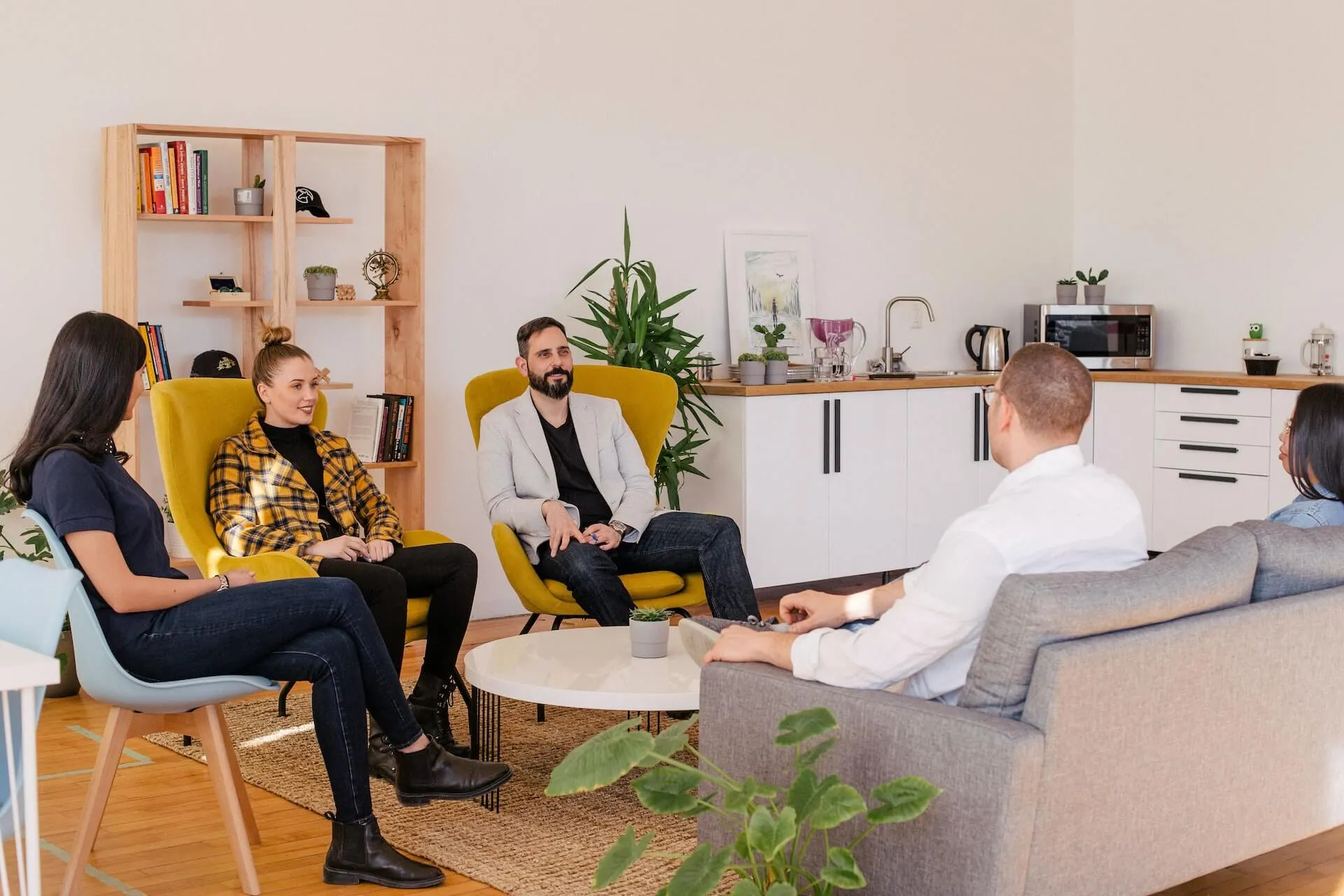24/7 Helpline:
(866) 899-221924/7 Helpline:
(866) 899-2219
Learn more about Medication-assisted Treatment centers in Laurinburg
Medication-assisted Treatment in Other Cities

Other Insurance Options

Health Choice

Health Partners

BlueCross

WellCare Health Plans

CareSource

Kaiser Permanente

Group Health Incorporated

State Farm

Optum

Molina Healthcare

Premera

Optima

Lucent

Holman Group

Oxford

Multiplan

WellPoint

Absolute Total Care

Ambetter

Evernorth

Advantage Behavioral Healthcare
Advantage Behavioral Healthcare - Biggs Street offers outpatient treatment for individuals with alco...

Family First Support Center
Family First Support Center offers outpatient and intensive services for individuals with alcohol an...

Robeson Healthcare Corporation
Robeson Healthcare Corporation - Lauchwood Drive is a non-profit rehab located in Laurinburg, North ...






























































